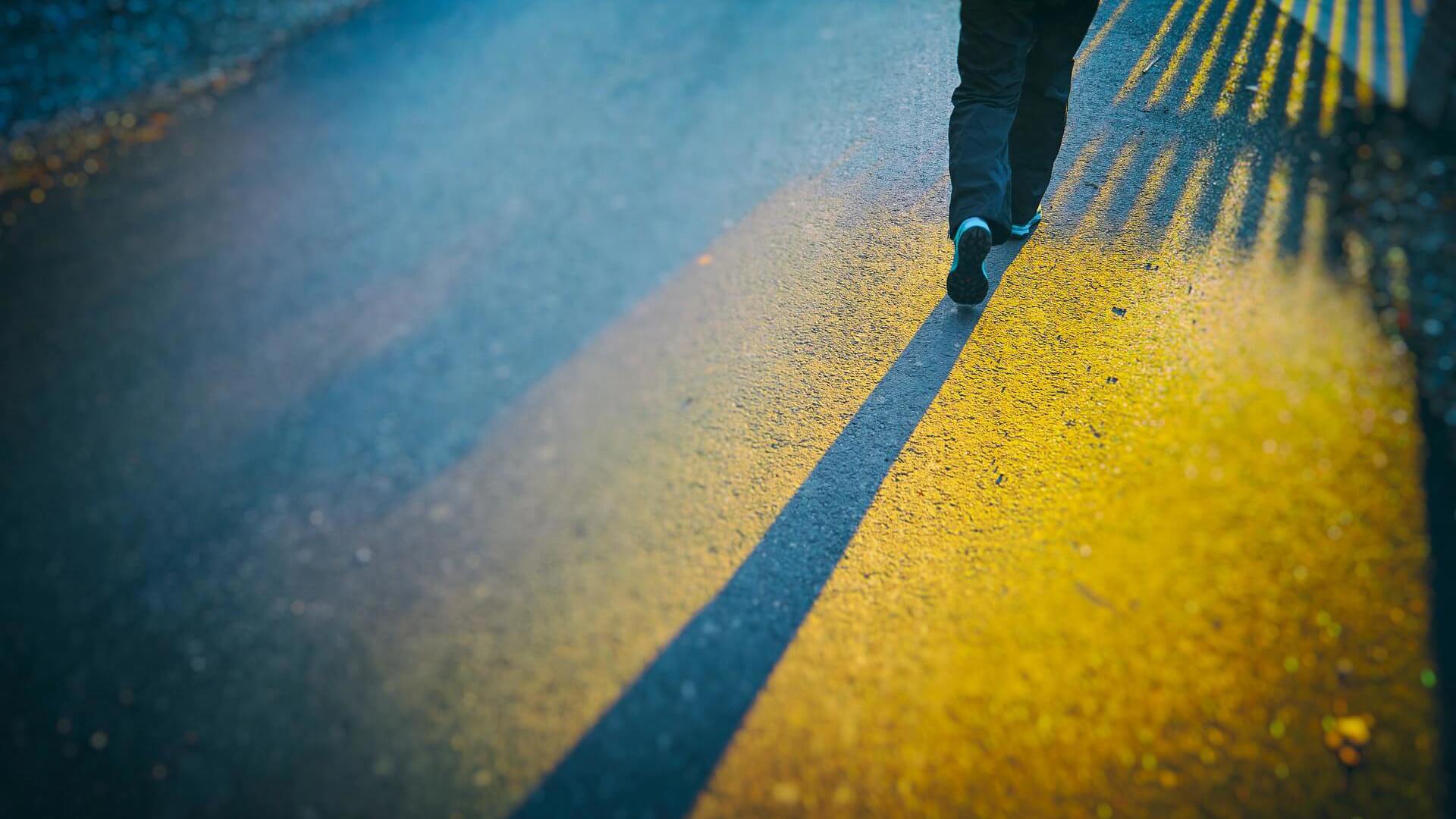
Equity, Diversity and Inclusion (EDI)
UKCP (and all the psychological professions) need to do more to reflect the communities we serve. We are taking practical steps towards improving our UKCP operations via an Equity, Diversity and Inclusion Taskforce. Here you can read more about this work, along with our statement on racial injustice, material looking at how the therapeutic community might respond to the overdue call to address structural societal inequalities, and reflections from UKCP members.
June 2020
UK Council for Psychotherapy stands in solidarity with the protests against racial injustice taking place across the globe. We acknowledge the pain of Black and other minority ethnic members and staff colleagues as well as clients and service users. The psychological impact of dehumanising injustice and the festering wound of centuries-long racism cannot be overstated.
BAME therapists and trainees have been continuing in their work to support others in emotional and mental distress while carrying their own pain from their own lived experience of racism. Supervisors, educators and trainers may be struggling to find the ways and means to support their students and supervisees. Our BAME students are contemplating the challenges they face to enter and sustain their training, as well as the uncertain future ahead.
We acknowledge the harm that BAME members of our UKCP community have endured not only today but in the past. We will strive continuously to create as safe and inclusive environment as we can for all. We are watching and listening and we are committed to fighting against racism and discrimination wherever and however it exists.
Racism erodes the fabric of society. We want our platform and resources to play a role in the fight to overcome these deep-seated systemic challenges and build a better world for all. We will amplify our campaign to highlight racial disparities in experience of mental health services and mental health outcomes. That includes emphasising how black men showing signs of mental distress are far more likely to be criminalised – as reflected in the massive racial disparities in the police’s use of the Mental Health Act (sectioning).
UKCP (and all the psychological professions) need to do more to reflect the communities we serve. We are part of a coalition with that very aim alongside Place2Be, ACC, BACP, BAATN, BPC, NCS and MCAPN.
We will campaign vigorously for funding for training, and seek ways to break down barriers to accessing and completing our trainings to ensure BAME therapists are entering the profession in greater numbers. Regardless of background, we must ensure all therapists have the cultural competence to meet clients and service users where they are, and we have called on the government to provide support in delivering the training necessary to achieve this.
UKCP has a zero-tolerance policy toward racism and you can read here the procedures and policies we have in place to report, review, and act. We will reflect on how our organisation can be more welcoming to and inclusive of BAME people be they staff, members, or clients and service users.
Equity, Diversity and Inclusion Taskforce
In spring 2020, we took steps to create an Equity, Diversity and Inclusion (EDI) Taskforce led by Elizabeth Oni-Iyiola of Inclusive Boards, which will put together and EDI-BIIDE* action plan for UKCP.
UKCP Member Survey Report
Starting in 2023, UKCP has begun an annual data collection from members.
Demographic information is now collected from members as part of the renewal process and an optional survey about their work and practice is also circulated to them. We compile all the data we receive from these surveys into a report. In this report, we also compare our statistics with NHS and UK-wide data to put the figures into context.
We will continue to collect this data annually to better understand what our membership looks like and how we can support them. We also want to track how our actions to improve the diversity of our membership change the demographic statistics of our membership over time.
Latest news and updates
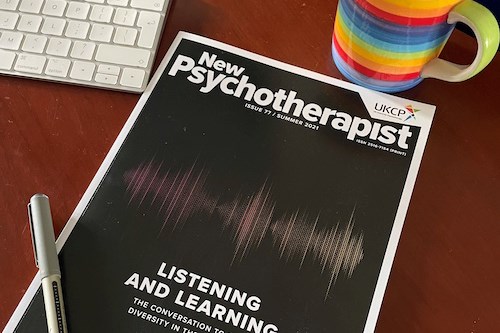
MAGAZINE | 24 Mar 2021
New Psychotherapist Issue 77, Summer 2021
In this issue, we explore how a more diverse profession will help increase access to psychotherapy for minority communities. We ask how we can ensure that psychotherapy training is as diverse as the people the profession supports. And we look at the work of our Equality Diversity and Inclusion Taskforce.

Article | 24 Mar 2021
Provision of psychotherapy for South Asian communities
Psychosynthesis psychotherapist Nila Yasmin discusses the challenges faced by ethnic minority groups in accessing psychotherapy and mental health services.
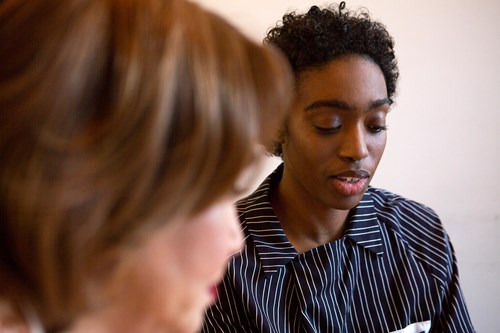
Article | 24 Mar 2021
Diversity in the supervisory relationship
Integrative arts therapist Roshmi Lovatt reflects on her experience as a supervisor to outline the need for diversity in the supervisory relationship.
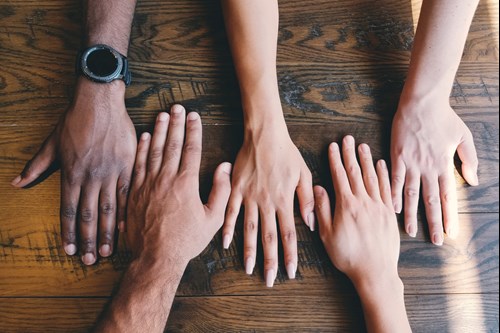
Article | 24 Mar 2021
Claiming my voice as a BAME therapist and ‘extending my hand to the white other’
Psychosynthesis psychotherapist Humera Quddoos explores her reaction to our call for contributions to the New Psychotherapist and the importance of claiming her voice on her own terms.
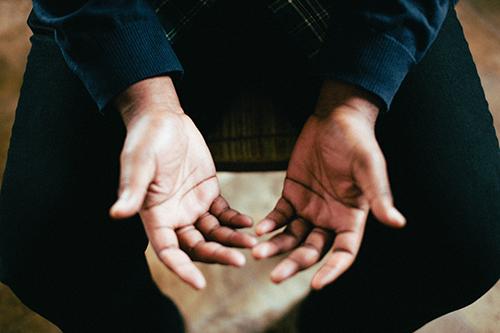
Article | 24 Mar 2021
De-stigmatising therapy in Indian communities
Integrative psychotherapist Daljinder Bal explains why she believes therapy needs to be more affordable and de-stigmatised.

Article | 24 Mar 2021
The need for more culturally informed trauma services to address inequality
Integrative psychotherapist Indi Kaur discusses the need for more culture and trauma-informed services to help people of colour feel understood.
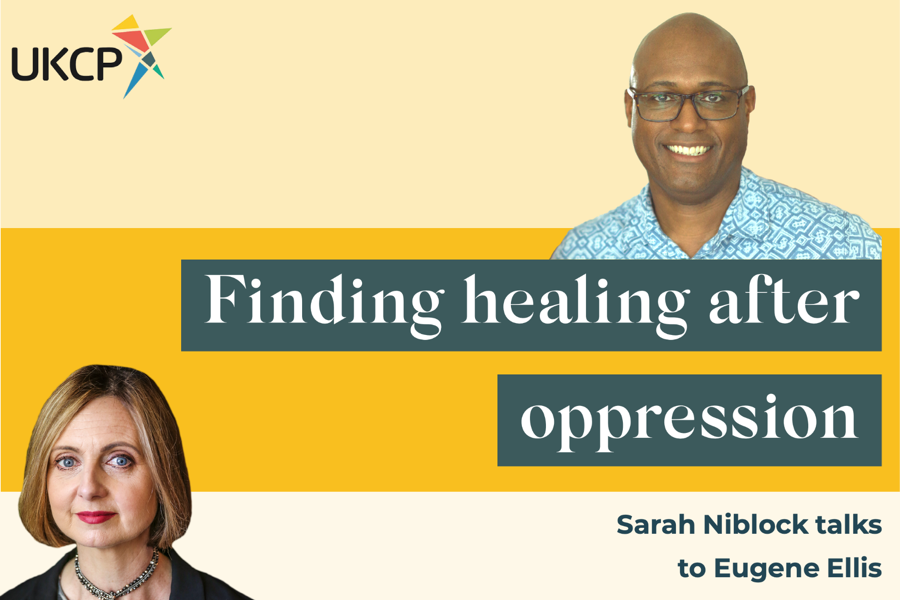
Podcast Finding healing after oppression
Ongoing global events are shining a light on the oppression that still exists in today's society. In this episode our CEO Sarah Niblock talks to UKCP psychotherapist Eugene Ellis to find out how oppression impacts our psychological wellbeing.
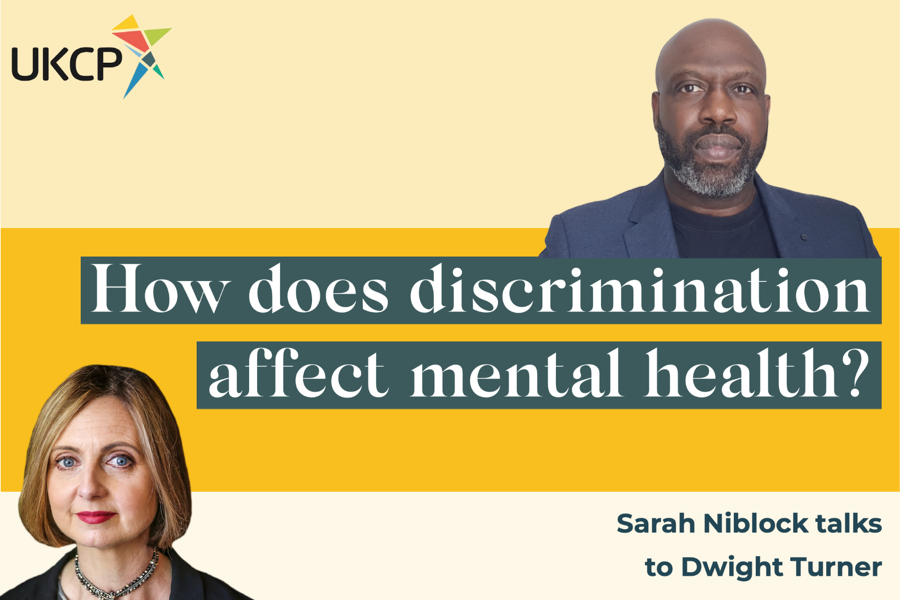
Podcast How does discrimination affect mental health?
When we experience discrimination, people see us as one thing and we end up becoming defined by our gender, race or sexuality.
Racial injustice ... Where is the love?
Professor Divine Charurua responds to societal responses to the death of George Floyd and the UKCP statement on racial injustice.
The therapy community must commit to anti-racist practice
Anthea Benjamin calls on the therapy community to take action against racism.
How to stop being silent about race
Mamood Ahmad shares prompts for self-reflection and advice for therapists on respectfully participating in conversations about race and racism
Like most websites, we use cookies. If this is okay with you, please close this message or read more about your options.

